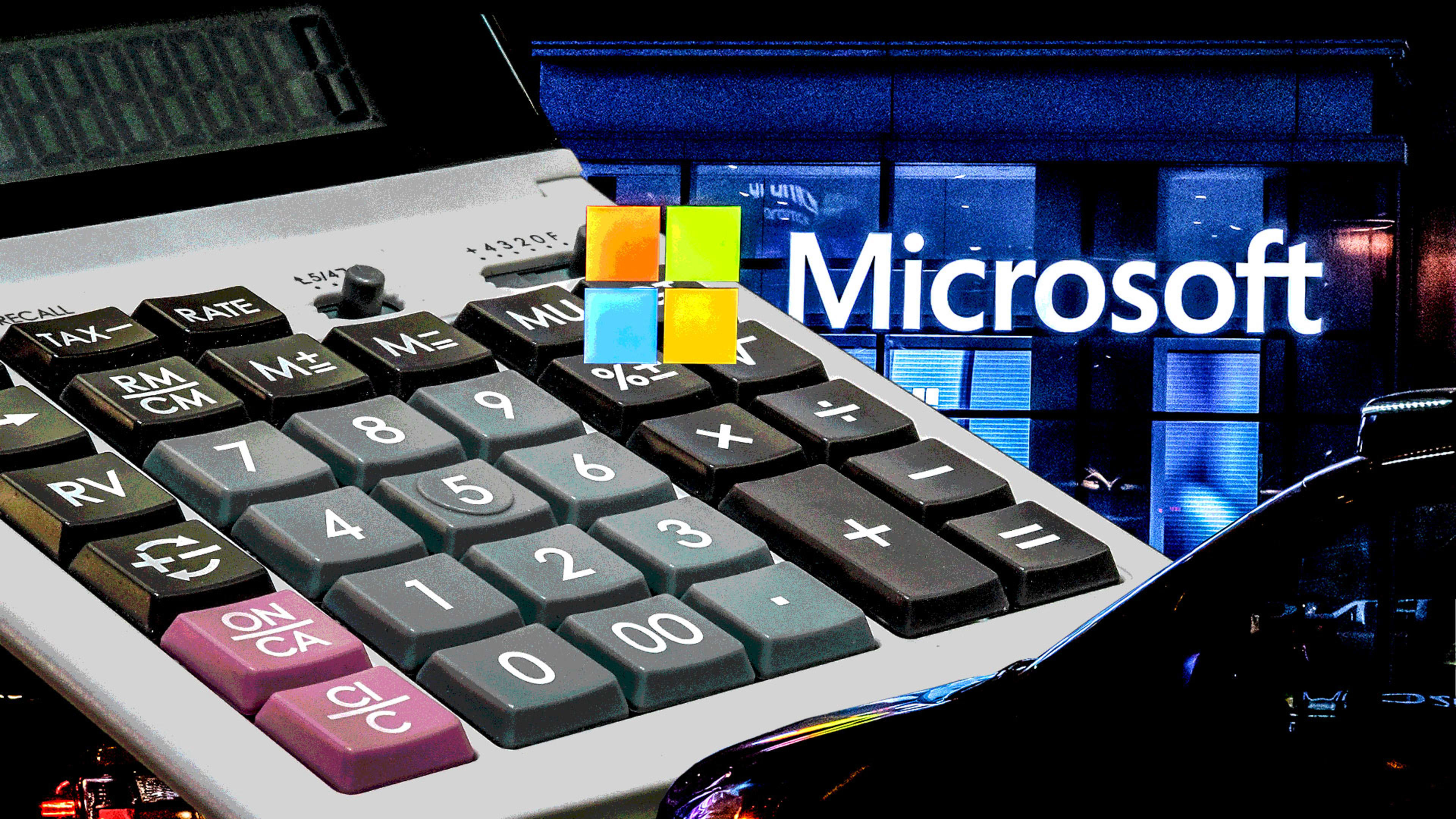Way back in 2012, the Internal Revenue Service (IRS) launched the largest-ever audit in history, accusing Microsoft of stashing billions in offshore tax havens to dodge U.S. taxes. The agency had already been auditing the company, but for the next three years, it took perhaps the boldest, most antagonizing steps it had in decades to inspect the company’s finances. Former CEO Steve Ballmer got summoned. Microsoft complained that for “the first time in the history of the universe,” the IRS had hired outside legal counsel—$1,000-an-hour managing partners, no less, at litigation powerhouse Quinn Emanuel.
Microsoft was told that agents had discovered many red flags in their investigation. Among them was the fact that Microsoft was declaring that a healthy chunk of revenue for the period under examination (at least $39 billion) had originated in Puerto Rico, where it was paying essentially a 0% corporate rate under tax laws devised specifically to lure major companies to the territory—which is entirely legal, when executed correctly. To justify the move on paper, Microsoft had sold some of its brands and copyrights to a factory located on the island. The government countered that the 100-person operation was pretending to produce $30 billion worth of profits with “the ‘routine’ reproduction of CDs containing software.”
The IRS felt its challenge was an open-and-shut case. It possessed documents where giddy executives had reveled in their “pure tax play.” Microsoft’s accounting firm KPMG had spelled out explicit steps to convince the government that the Puerto Rico venture was “real.” The agency also claimed that Microsoft had submitted revenue projections that were two-and-a-half to three times too low (4%, instead of 10% to 12%), and understated its annual revenue by as much as $15 billion.
The legal dispute that this kicked off—for Microsoft’s tax years 2004 to 2013—dragged on for the whole next decade, morphing into a symbolic battle whose resolution could have serious tax implications for Corporate America. By 2015, business groups like the U.S. Chamber of Commerce had joined Microsoft’s cause, forming a powerful new anti-audit trade group called the Coalition for Effective and Efficient Tax Administration, whose top mission was to declaw the IRS. Lobbyists told senior government officials and Capitol Hill lawmakers that the tactics being used against Microsoft were “destroy[ing] cooperative relationships between taxpayers and the IRS.” Congress members agreed, passing a bipartisan bill that restricted the IRS’s reach in the future.
However, this law didn’t kneecap the investigation into Microsoft, which according to an SEC filing from the company on Wednesday has finally reached its end. Concluding a decade of work, the IRS told Microsoft that it has arrived at a figure, and that the company owes a whopping $28.9 billion in back taxes plus penalties and interest. This follows yet another legal blow for Microsoft from back in January, when the company lost a separate lawsuit to try to force the release of tens of thousands of records that were amassed by the IRS during its lengthy audit.
The IRS may have landed a knockout blow, but it’s also the start of Round 2: a squabble over precisely how much Microsoft must pay. In its SEC filing, Microsoft tells investors it believes the government’s tax bill is inflated by at least $10 billion, adding that it “will pursue an appeal within the IRS, a process expected to take several years.” If Microsoft reaches the end of the agency’s own appeals process and is still unhappy, the company isn’t planning to quit then, either, says its head of worldwide tax and customs, Daniel Goff. “If we are unable to come to a direct agreement with the IRS,” he warned in a blog post on Wednesday, “Microsoft will then have an opportunity to contest any unresolved issues through the courts.”
Recognize your brand’s excellence by applying to this year’s Brands That Matter Awards before the early-rate deadline, May 3.
